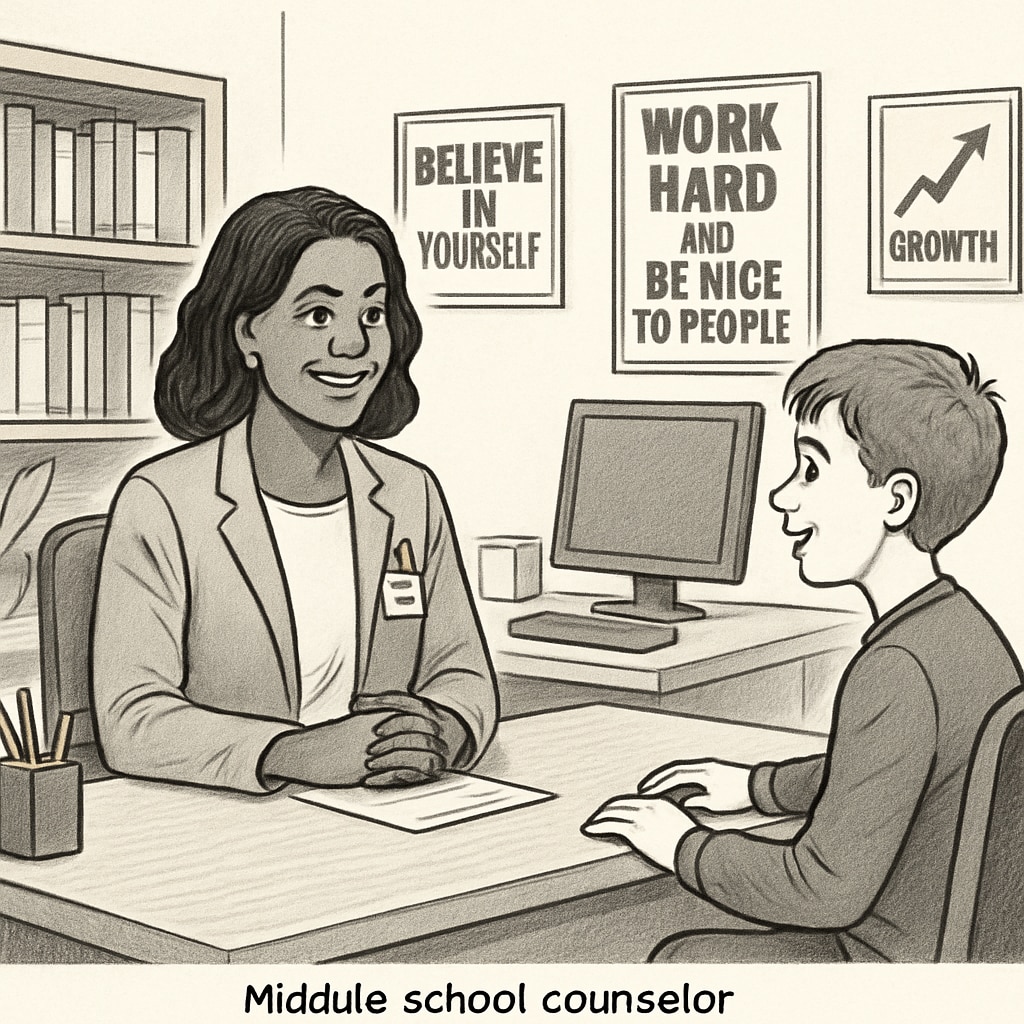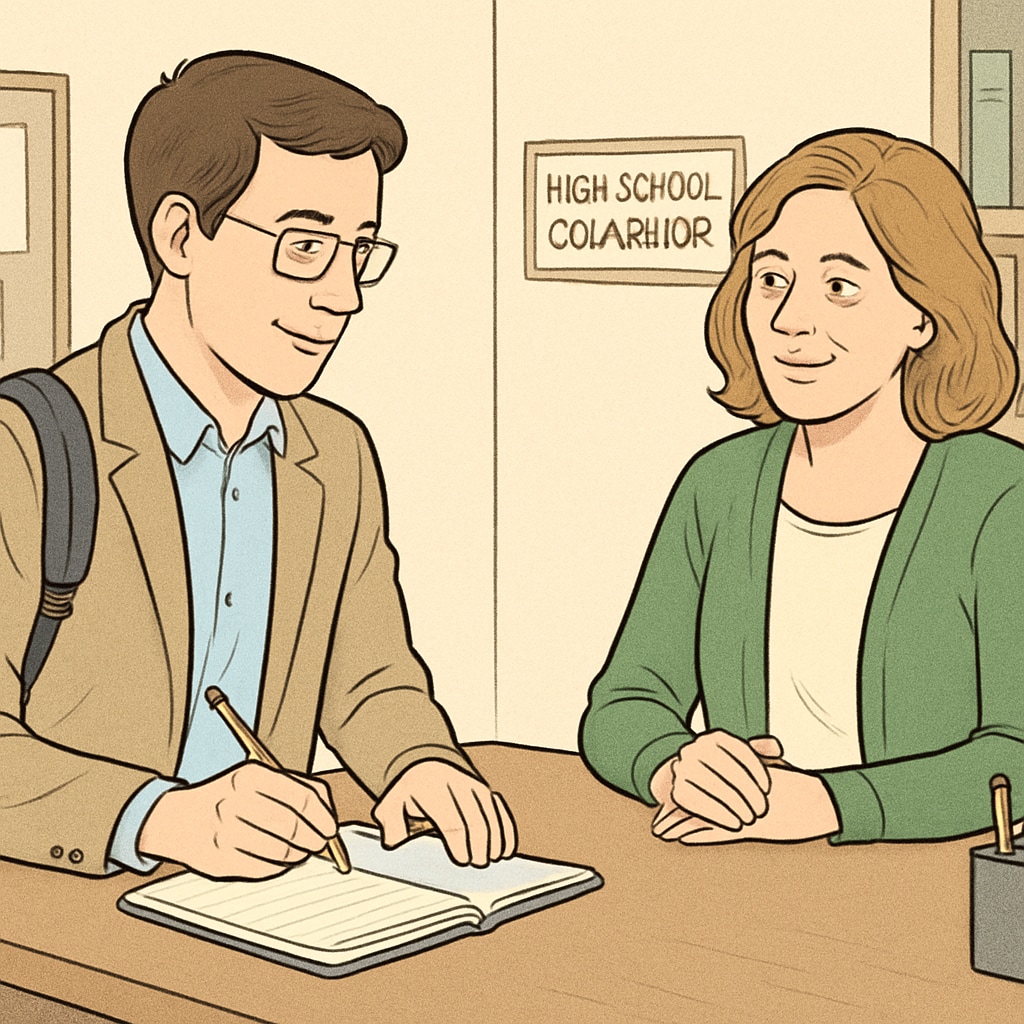Interviewing school counselors is a critical step for graduate students in school counseling programs to bridge the gap between theory and practice. By engaging directly with middle and high school counselors, students gain invaluable insights into the day-to-day realities, challenges, and strategies within the field. This article explores the importance of interviewing counselors, offers actionable tips for finding and approaching professionals, and explains how to turn these interviews into valuable learning experiences.
Why Interviewing School Counselors is Crucial
School counseling is a dynamic and multifaceted profession. As a graduate student, interviewing a school counselor allows you to understand how theoretical concepts apply in real-world scenarios. It provides first-hand exposure to the challenges counselors face, such as addressing academic concerns, supporting mental health, and navigating administrative responsibilities.
Moreover, these interviews can expand your professional network, helping you establish connections that may later lead to mentorship opportunities or career advancement. As a result, interviewing school counselors is not just an academic exercise but a pathway to professional growth.

How to Find and Approach School Counselors
Finding the right counselor to interview requires planning and persistence. Here are some steps you can follow:
- Leverage your network: Start by asking your professors, classmates, or internship supervisors if they know any counselors who would be willing to participate in an interview.
- Contact schools directly: Visit the websites of local middle and high schools to find the contact information for their counseling departments. Reach out via email with a concise and professional introduction.
- Use professional associations: Organizations like the American School Counselor Association (ASCA) often have directories or forums where you can connect with practicing counselors.
When reaching out, be respectful of the counselor’s time. Clearly state the purpose of your interview, how long it will take, and what you hope to learn. For example, you might write: “I am a graduate student in a school counseling program, and I would greatly appreciate the opportunity to learn about your experiences. The interview would last approximately 30 minutes and can be conducted at your convenience.”
Preparing for a Successful Interview
Once you’ve secured an interview, preparation is key to making the most of the opportunity. Here’s how to get ready:
- Research the school: Familiarize yourself with the counselor’s school, including its demographics, programs, and challenges.
- Prepare thoughtful questions: Focus on open-ended questions that encourage detailed responses. For example, “What strategies do you use to support students facing academic and personal challenges?” or “How do you collaborate with teachers and parents to address student needs?”
- Bring necessary materials: Have a notebook or recording device (with permission) to document the counselor’s responses.

Turning Interviews into Professional Development
An interview is only valuable if you know how to use the insights you gain. After your conversation, take the following steps to maximize its impact:
- Reflect on your learning: Write down the key takeaways from the interview. What did you learn about the counselor’s role, challenges, and strategies?
- Compare with your coursework: Identify connections between the counselor’s experiences and the concepts you’ve studied. This will help you understand how theory aligns with practice.
- Follow up: Send a thank-you email expressing your gratitude for the counselor’s time and insights. This small gesture can leave a lasting impression.
- Incorporate insights into your practice: Use the knowledge you’ve gained to inform your approach to internships, case studies, and future counseling roles.
In addition, you can share your findings with classmates or professors, contributing to a collective understanding of the profession. By doing so, you not only grow personally but also help others in your program.
Conclusion
Interviewing school counselors is an invaluable step for graduate students pursuing a career in school counseling. It provides a unique opportunity to learn directly from professionals, understand the realities of the field, and build relationships that can support your future career. By following the strategies outlined above, you can make the most of these interviews and turn them into a cornerstone of your professional development.
Whether you’re just starting your program or preparing for an internship, remember that every conversation with a practicing counselor is a chance to grow. Take the initiative, ask meaningful questions, and apply what you learn to build a strong foundation for your career in school counseling.


